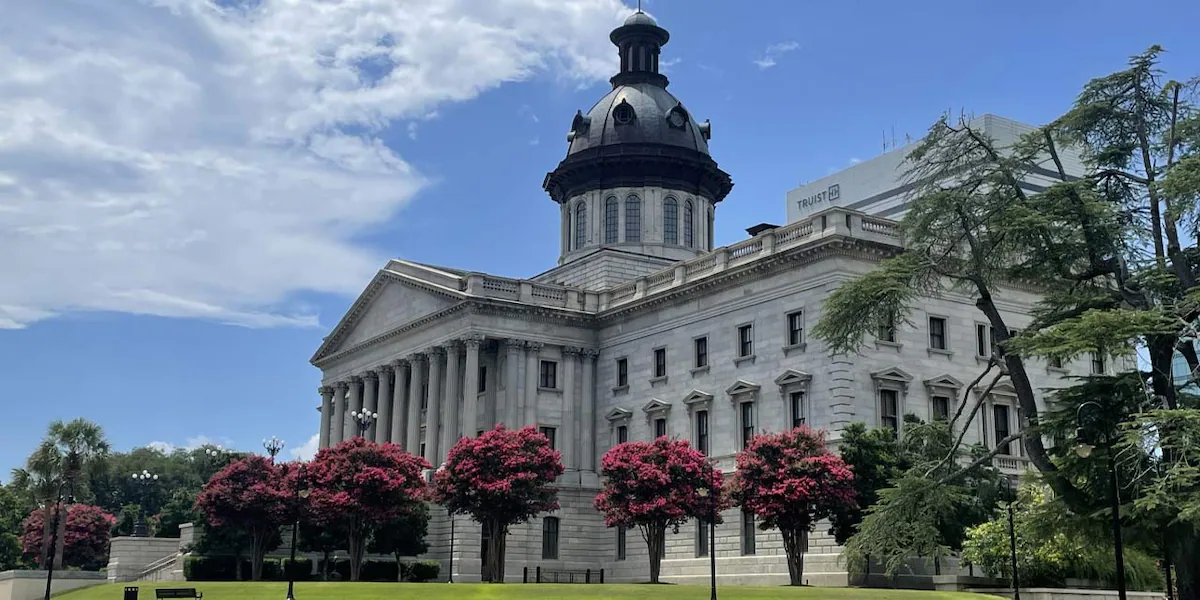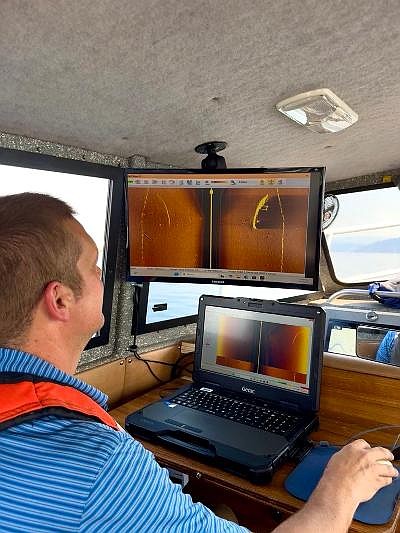
COLUMBIA, S.C. (WIS) – Law enforcement wants to crack down on acts that have sent South Carolina school campuses into emergency mode and traumatized students and staff.
Now they are asking state lawmakers for help to do it.
At a hearing on campus safety earlier this week at the State House, college and university police chiefs from around South Carolina urged the General Assembly to enact stronger laws to curb hoax calls about school emergencies, known as “swatting.”
“We don’t have the luxury of saying, ‘That didn’t happen. That’s a false call.’ We have to respond each and every time like it has happened, and that pulls resources from all across the county, the city to respond to those incidents,” Clemson Associate Vice President of Public Safety Kimberly Spears-McNatt told members of a House Education and Public Works subcommittee.
A captain from the South Carolina Law Enforcement Division and multiple college police chiefs said they believe there should be tougher penalties for offenders.
Because these calls can sometimes come from out of state or even another country, they also asked if lawmakers could make it easier for people charged to be extradited to South Carolina.
“Some swatting legislation that actually is a little more stringent and has some — for lack of a better word — has some teeth in it,” said Capt. Brandon Landrum, who works in SLED’s Protective Services/Emergency Management Unit.
Last month, the University of South Carolina was targeted with calls about a shooter on its Columbia campus, sending students into lockdown and law enforcement rushing in.
They determined it was a hoax, and days later, South Carolina Attorney General Alan Wilson said an organization his office identified as an “online teen crime group,” called Purgatory, was behind the incident.
In October of 2022, dozens of schools across the state were targeted with similar swatting calls on the same day.
“In that moment, you don’t know if it’s a hoax or not,” said Patrick Kelly with the Palmetto State Teachers Association. “You just know that there’s a real threat and a real possibility of significant harm or death occurring.”
Kelly teaches government at Blythewood High School, one of the schools targeted that day, and said it left students traumatized years later.
“This year’s senior class still talks about that, [three] years later,” he said. “They haven’t forgotten it, they experienced it, it was real to them, and it remains a traumatic experience for them to this day.”
After that mass swatting incident in 2022, bills were filed at the State House to create a criminal offense of swatting in South Carolina and put offenders behind bars.
That legislation never got a hearing before expiring at the end of a previous legislative session, but lawmakers are taking a look at reintroducing it.
“I do think that these crimes are new enough that we need to figure out what those penalties are to deter those actions,” Rep. Shannon Erickson, R – Beaufort and chair of the House Education and Public Works Committee, said.
Lawmakers will be able to take that up when they return to Columbia for a new legislative session in January.
There are some federal laws that can be used to bring people responsible for swatting to justice.
The US Department of Justice has prosecuted people under them in the past, including to extradite suspects from outside the United States.
Feel more informed, prepared, and connected with WIS. For more free content like this, subscribe to our email newsletter, and download our apps. Have feedback that can help us improve? Click here.



